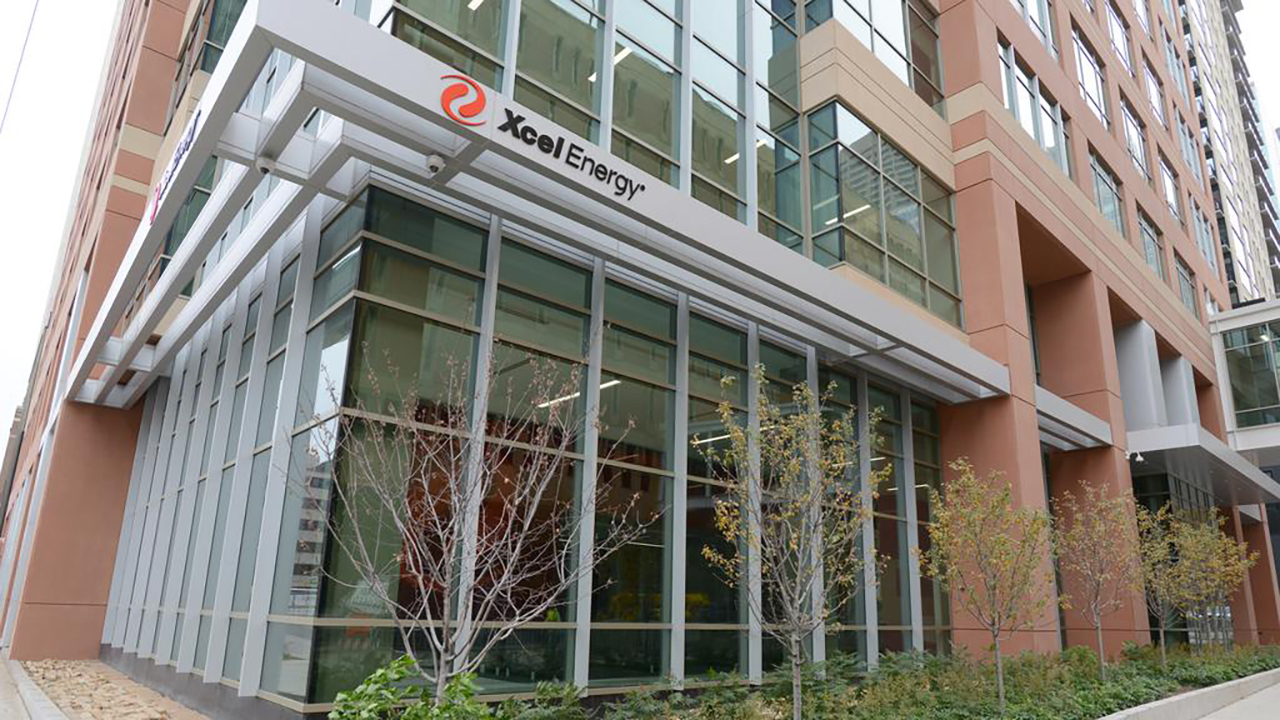
What was in Xcel Energy’s latest rate case, and what actions did Fresh Energy take to advance a decarbonized electric grid and equitable rate designs? Read on to find out.
For over a year, Fresh Energy and our partners have been engaging in Xcel Energy’s rate case to advance a decarbonized electric grid and rate designs that center equity and electrification. This was a monumental case, as it was the biggest rate request in Minnesota’s history—which also made it a historic opportunity for Fresh Energy to ensure Xcel’s spending is aligned with its commitment to 100% carbon-free electricity and Minnesota’s new 100% clean electricity law, which commits all utilities to provide Minnesota customers with 100% carbon-free electricity by 2040.
Fresh Energy frequently engages in regulatory proceedings like rate cases which determine how much a utility can charge and how those costs are shared among customers. The Minnesota Public Utilities Commission (PUC) is the decision-making body in these cases and hears from the electric utility, stakeholders, and community members as they weigh whether the proposed new rates are just and reasonable. If you want to know the details, we have an entire blog post about rate cases and why they’re important.
Fresh Energy, represented by the Minnesota Center for Environmental Advocacy (MCEA), intervened to ensure that Xcel’s proposed spending advanced decarbonization while limiting impacts to paying customers—called ratepayers—to the greatest extent possible.
At its hearing on June 1, the Commission agreed with many of our recommendations and made decisions with wide-ranging implications for the next decade of rate design and grid investments. Fresh Energy appreciates that the Commission is actively working to advance an equitable energy transition in Minnesota through rate case proceedings and by ensuring that the outcomes of these cases reflect Minnesota’s clean energy commitments.
What happened?
Distribution
Fresh Energy and MCEA worked to ensure that the money Xcel spends on its distribution system—the nuts and bolts expenditures that Xcel uses to update and replace equipment on the electric grid—are spent in a way to work most effectively alongside decarbonizing our homes and buildings. This ensures that Xcel uses its expenditures efficiently as it pursues electric grid updates that will better accommodate solar, electric vehicles (EVs), heat pumps, and batteries—all while further decarbonizing. Fresh Energy and partner organizations also advocated for tracking and reporting on the reliability performance of new grid modernization investments, as well as less-costly alternatives to technical issues some larger distributed energy resources face.
Load flexibility
Load flexibility is an important piece of the puzzle for creating an affordable clean energy transition that encourages customers to use less electricity during high-demand times of the day or year—and shift to using power when wind and solar energy are plentiful. After this rate case, the Commission will now require Xcel to file a new, permanent residential time of use (TOU) rate design by the end of the year. The Commission will also open a new Advanced Rate Design docket to set goals for the role of load flexibility as more Minnesotans electrify, as well as bringing new pilot projects to scale.
Other advances for equity and electrification
Equitable programs for underserved communities. A new Low-Income, Low-Usage Discount Program will provide a 35% discount to approximately 92,000 households, which was led by the Energy CENTS Coalition. This allows under-resourced households with low energy usage to receive a discount of up to $14 per month, an important step toward more equitable rates.
Lower monthly fixed charges incentivize energy efficiency and save money. Fresh Energy was glad to see that the Commission supported reducing monthly fixed charges for residential and small commercial customers, a recommendation made by the Department of Commerce and the Attorney General’s Office. Fresh Energy has advocated for this policy change for many years since it increases the benefits of energy conservation and enables customers to have more control over their bills.
Strong support for environmental justice by Commissioners. Fresh Energy is pleased to see the Commission vocally support the importance of considering energy justice as it oversees rate cases and other proceedings. This effort was led by the Just Solar Coalition.
What’s next
Fresh Energy is deeply committed to ensuring that electric rate designs increase efficiency, allow Minnesotans to reduce their electricity bills through conservation efforts, are equitable, and support the transition to a carbon-free electric system. And while the Commission has made a decision on Xcel Energy’s rate case, the utility stated it will ask the Commission to reconsider some elements of its decision. Though it is unlikely the Commission will reconsider the policy issues Fresh Energy and MCEA raised, we will be tracking this proceeding closely.
Looking ahead, many of the distribution issues raised in this rate case will be further developed in Xcel’s Integrated Distribution Plan (IDP), which is set to begin on November 1, 2023. Additionally, Xcel will now be required to file a Residential TOU rate by the end of this year, which will ultimately be updated in 2024. Fresh Energy is looking forward to actively engaging in Xcel’s IDP, the Residential TOU rate, and more. Stay tuned for updates!
